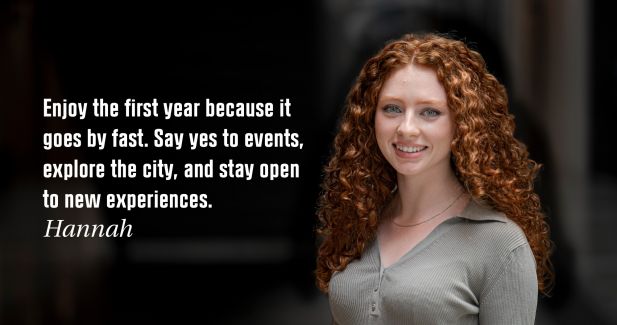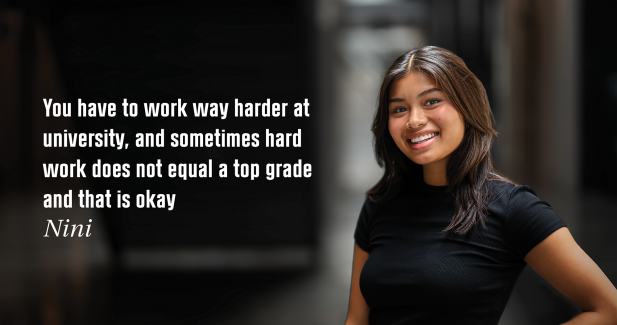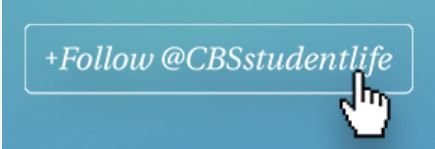Hannah
Why did I choose my programme?
I've always been into politics, and during high school, I got curious about finance too. So, I went for the International Business and Politics programme at CBS. It seemed like a great way to explore both interests and see how they connect globally, and I have been really happy with my choice so far.
What do I like the best?
One of the things I appreciate the most about the International Business and Politics programme is how flexible it is. I only have classes for about 15-20 hours each week, which leaves me plenty of time for work, hanging out with friends, and tailoring my study schedule to fit my calendar. University is different from what I've experienced before, so it's good to take advantage of the freedom and make it work for you. Some people like steady studying, while others do better with last-minute cramming.
What do I think is difficult?
Managing a balance between social life, university commitments, and work responsibilities can be tricky. Wanting to do it all is tough, but I've learned that sometimes I need to prioritise to keep a good balance.

What would I have liked to have known before starting my programme?
One piece of advice I'd give is not to get caught up in trying to cover everything. University curriculums are quite extensive, and if you try to read it all, you won't have time for anything else. I've found it's more effective to focus on the main ideas and understand how exams are structured. Preparing for a four-hour long math-based exam in Micro or Macroeconomics is different from getting ready for a week-long written assignment in Political Science or Management and Organisation.
What do I want to do after finishing my programme?
I'm thinking about going into consulting or investment banking after I'm done. It's still early in my university journey, so things might change along the way.
If I could give myself a piece of advice, before starting it would be…
If I could tell myself something before starting, I'd say enjoy the first year because it goes by fast. Say yes to events, explore the city, and stay open to new experiences.



